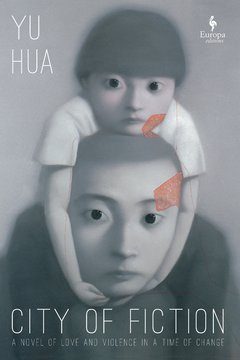The book
A story of love, blood and dreams, set in early 20th century China
In the early 20th century, China is a land undergoing a momentous social and cultural shift, with a thousand-year-old empire crumbling and the nation on the brink of modernity. Against this backdrop, a quiet man from the North embarks on a perilous journey to a Southern city in the grip of a savage snowstorm. He carries with him a newborn baby: he is looking for the child’s mother and a city that isn’t there.
This is a story of two people: a man who finds unexpected success after having journeyed to the hometown of the woman who abandoned him; and the woman he is searching for, who mysteriously disappeared to embark on her own eventful journey. This is a story about vanished crafts and ancient customs, about violence, love, and friendship. Above all, it’s a story about change and about storytelling itself, full of vivid characters, ranging from bandits to vengeful potentates, from prostitutes to deceitful soothsayers, and surprising twists—an epic tale, as inexorable as time itself and as gripping as a classic adventure story.
The author
Yu Hua
Now one of China's most beloved novelists, Yu Hua was born in Haiyan, Zhejiang province, in 1960, and grew up in and around a hospital where his parents were both doctors. His book include the best-selling To Live (Knopf, 2003) and China in Ten Words (Anchor, 2011). He is the recipient of numerous international awards and honors, including the Italian Premio Grinzane Cavour and Giuseppe Acerbi prizes, and the French Prix Courrier International. In 2004 he was made a Chevalier de l’Ordre des Arts et des Lettres by the French government. His Paris Review Art of Fiction interview was published in 2023.



